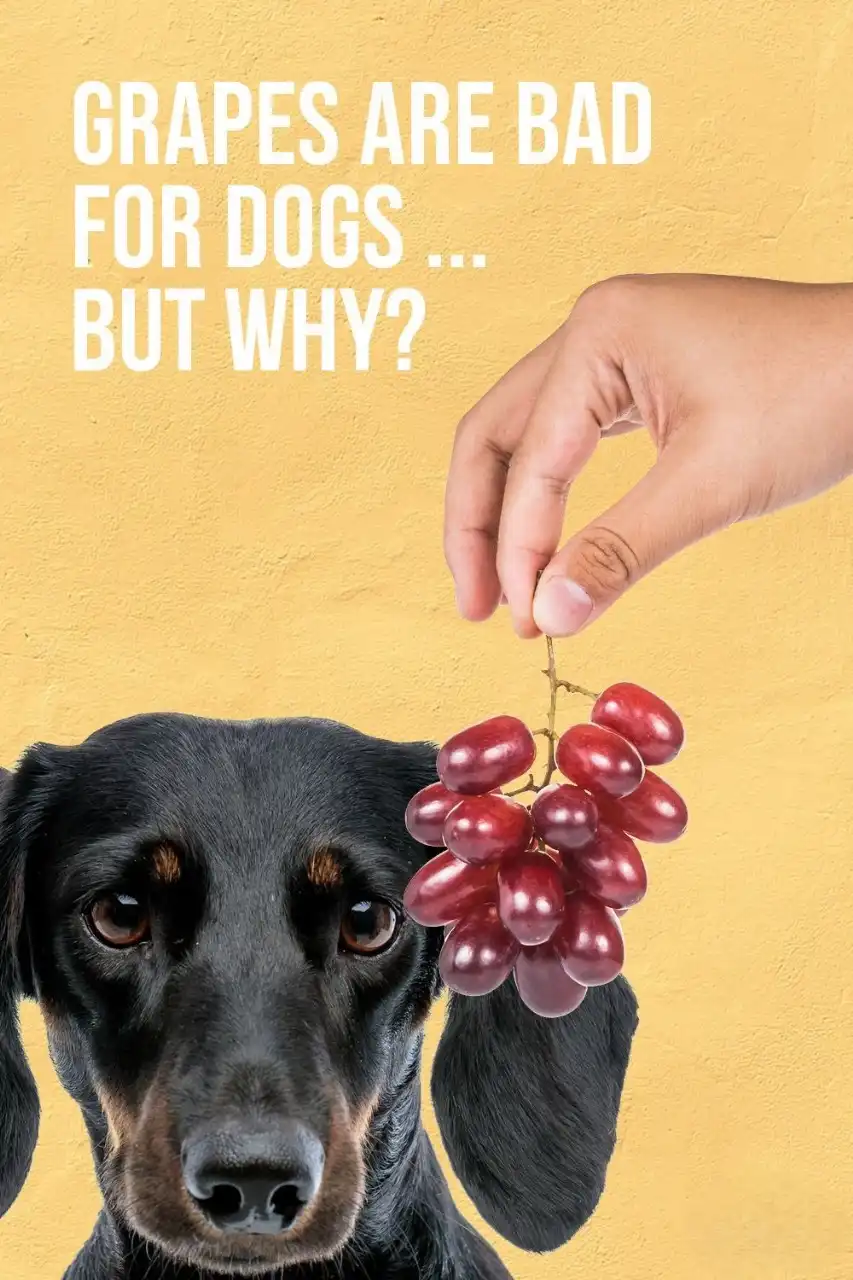If you’ve ever wondered whether it’s okay to share your snack of grapes with your furry friend, the answer is a definite no! Grapes might be healthy and delicious for humans, but for dogs, they’re highly toxic. Let’s explore why grapes are so dangerous for dogs and how to keep your pet safe.
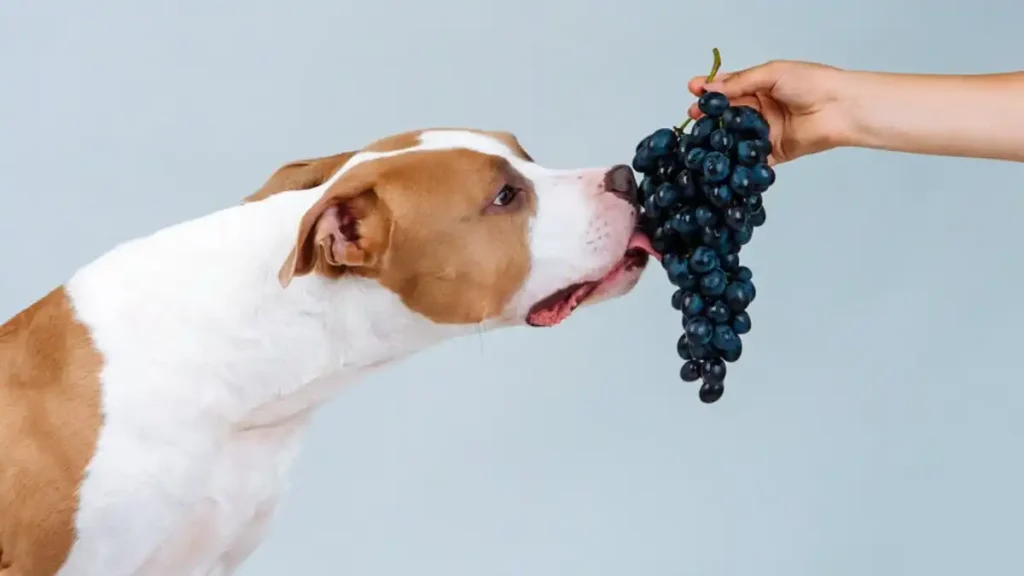
The Mystery of Grape Toxicity
Scientists and veterinarians are still trying to determine exactly why grapes are harmful to dogs. Unlike chocolate or onions, where the toxic compounds are well-known, grapes remain a bit of a mystery. What we do know is that even a small amount can cause serious health issues in dogs.

The danger isn’t just limited to fresh grapes. Raisins, currants, and foods containing them are equally toxic to dogs. This includes items like raisin cookies, trail mixes, and some cereals.

What Happens When Dogs Eat Grapes?
When a dog eats grapes, it can develop acute kidney failure. The kidneys are essential for filtering toxins out of the blood and producing urine. If they stop working, it’s a life-threatening emergency.
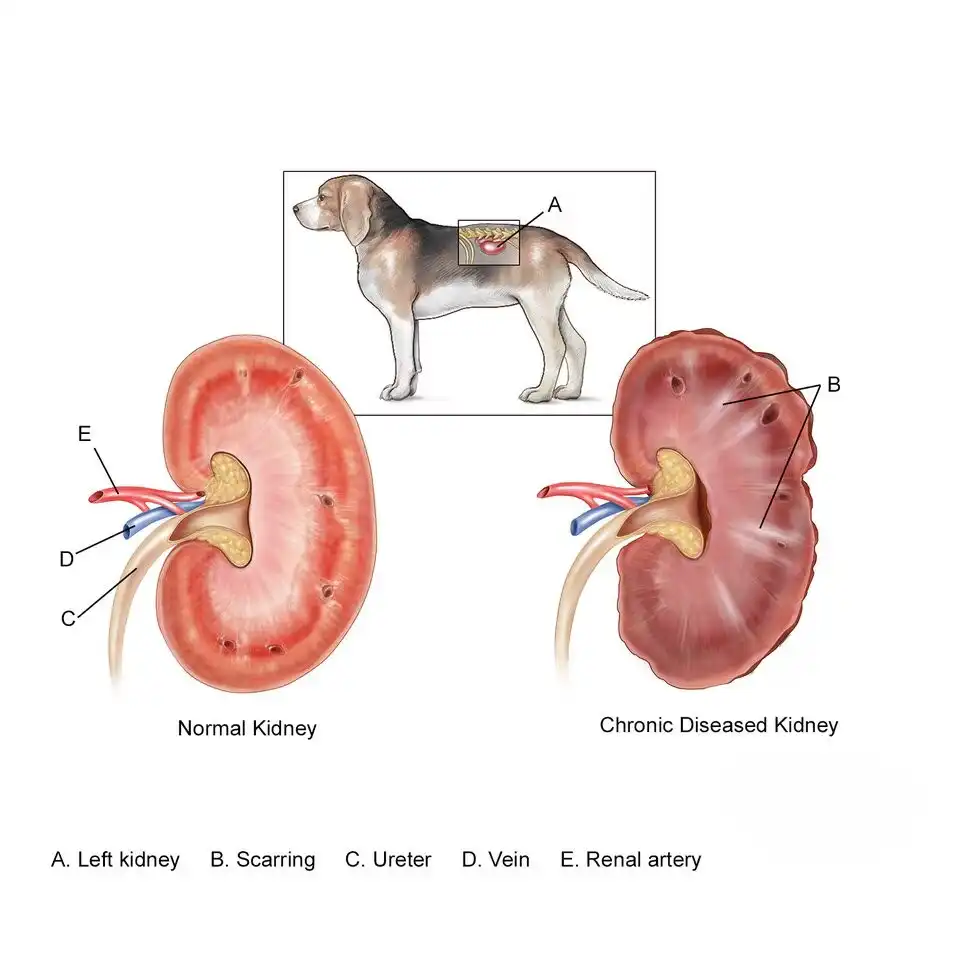
Symptoms of grape poisoning can appear within a few hours. Here are some common signs to watch for:
- Vomiting and diarrhoea: These are often the first symptoms.
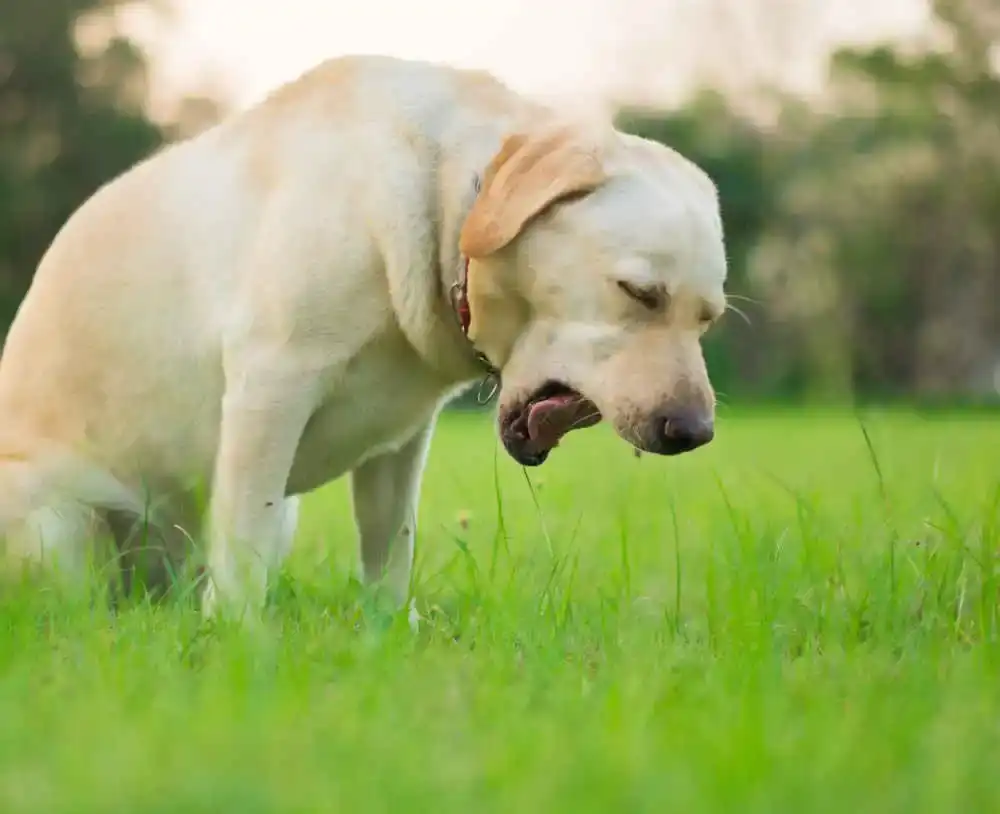
- Loss of appetite: Your dog might refuse to eat.
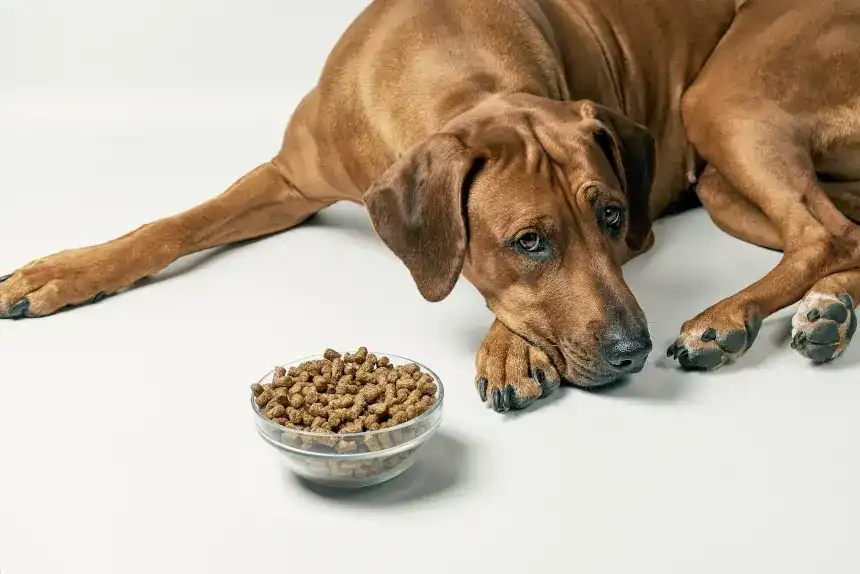
- Lethargy: They might seem tired or uninterested in playing.

- Abdominal pain: Your dog could whimper or act uncomfortable.

- Frequent urination or not urinating at all: Both can indicate kidney problems.
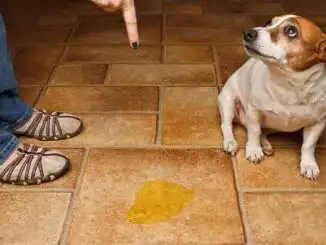
Call your vet immediately if you notice any of these symptoms and suspect your dog has eaten grapes.
How Many Grapes Are Dangerous?
The amount of grapes that can harm a dog varies depending on the dog’s size, age, and overall health. However, there’s no “safe” amount. Even one or two grapes can be enough to cause severe problems, especially in small dogs.

What Should You Do If Your Dog Eats Grapes?
If your dog has eaten grapes or raisins, act quickly:
- Call your vet or an emergency animal clinic immediately. They’ll advise you on what to do next.
- Don’t wait for symptoms to appear. Early treatment can make a huge difference.
- Your vet might induce vomiting to remove the grapes from your dog’s stomach. In some cases, they’ll recommend hospitalisation for monitoring and treatment.

How to Keep Your Dog Safe
- Store grapes and raisins out of reach. Dogs are curious and might sniff out food left on tables or counters.
- Educate family members. Ensure everyone in your home knows not to feed grapes to your dog.
- Be cautious with shared spaces. If you’re at a picnic or party, keep an eye out for dropped grapes or snacks that contain raisins.
Are All Dogs Affected?
Some might say, “I’ve fed my dog grapes, and nothing happened.” While it’s true that not all dogs will show symptoms, it’s impossible to predict which dogs are sensitive. Even if a dog seems fine, their kidneys could still be affected. That’s why it’s always better to be safe than sorry.

Alternatives to Grapes
If you want to treat your dog, there are plenty of safe fruits and snacks you can offer instead. Here are some dog-friendly options:
- Apples (without seeds): Crunchy and sweet.

- Bananas: A great source of potassium.

- Blueberries: Full of antioxidants.
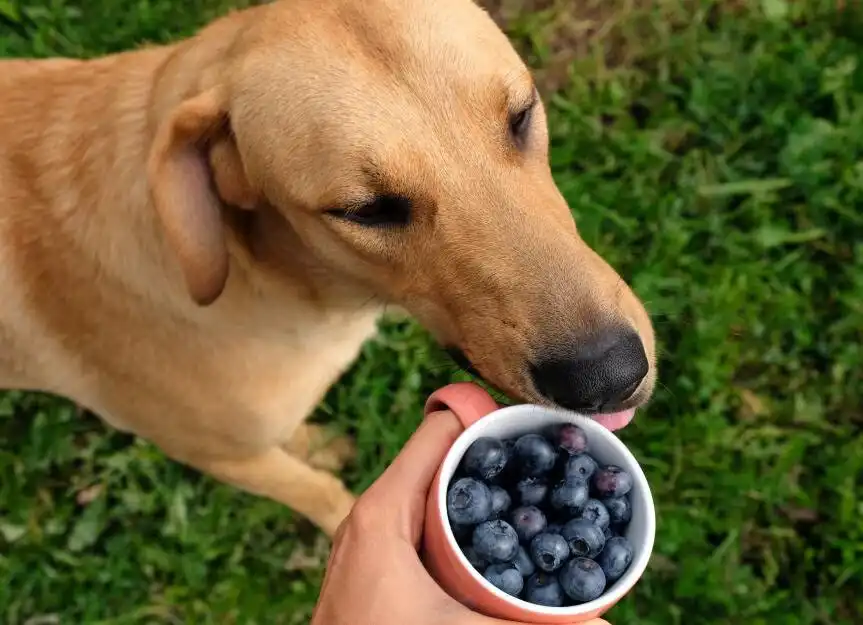
- Carrots: A low-calorie snack.

Final Thoughts
Grapes may seem harmless, but for dogs, they’re anything but. By understanding the risks and keeping grapes out of your dog’s reach, you can protect your furry friend from harm. Always consult your vet if you’re unsure about what foods are safe for your dog.

Remember, your dog relies on you to make the right choices for their health and happiness. Keep them safe, and they’ll reward you with love and loyalty for years to come.
For more interesting articles, please visit www.kidzherald.com

